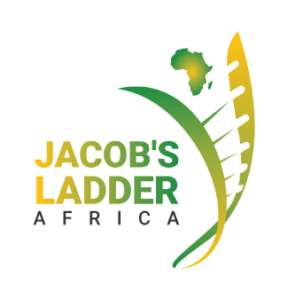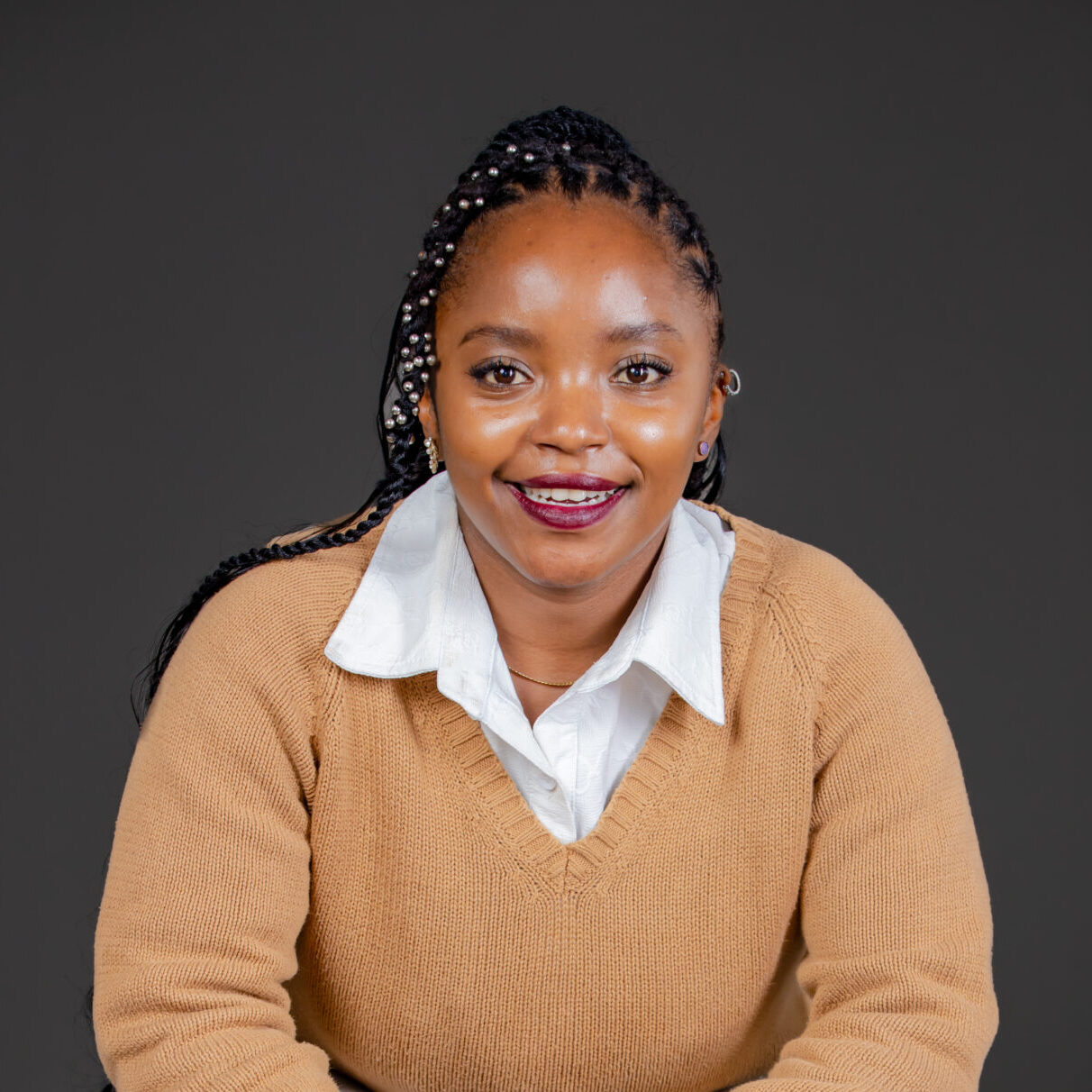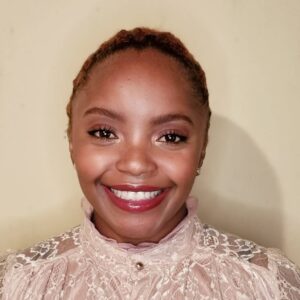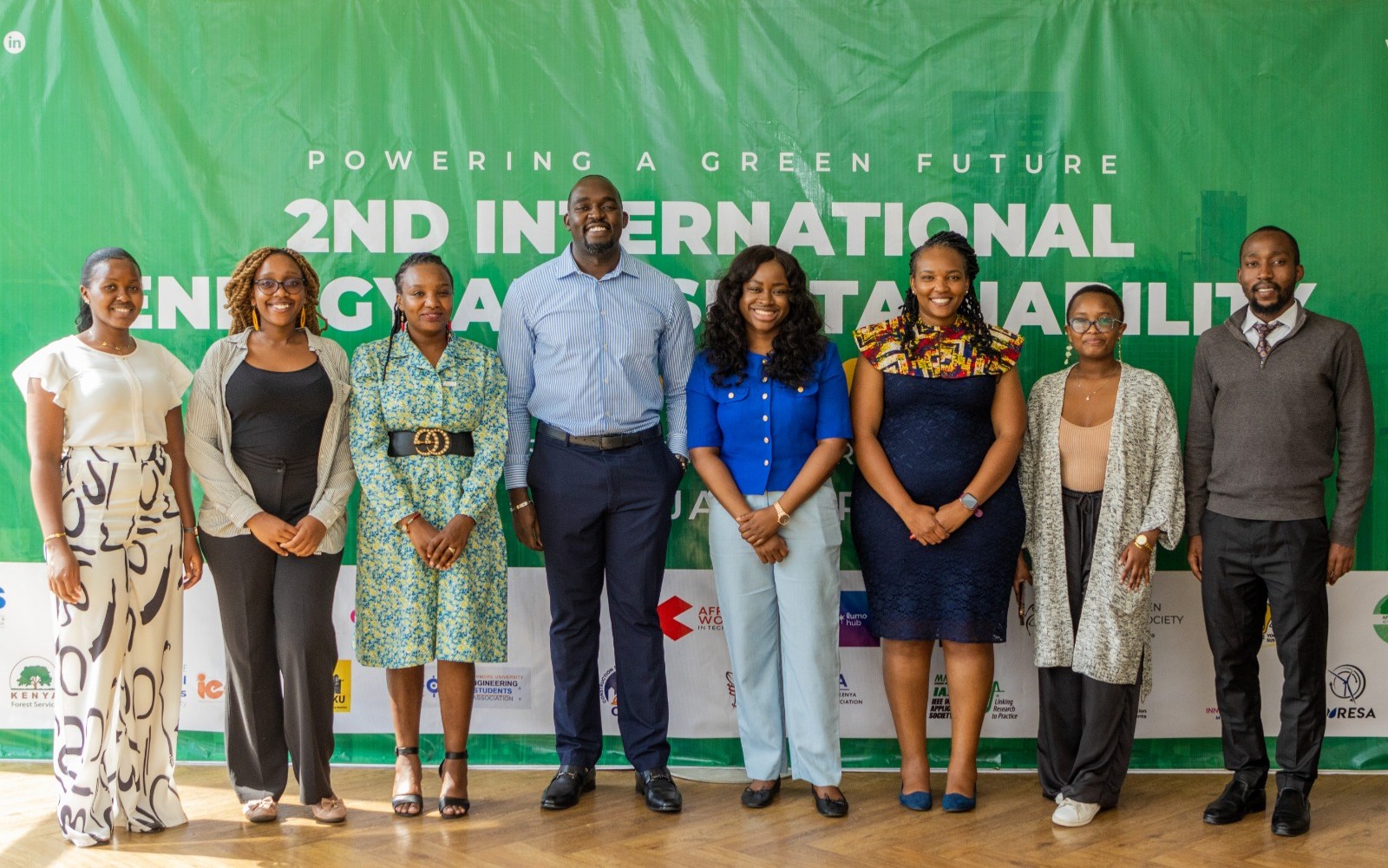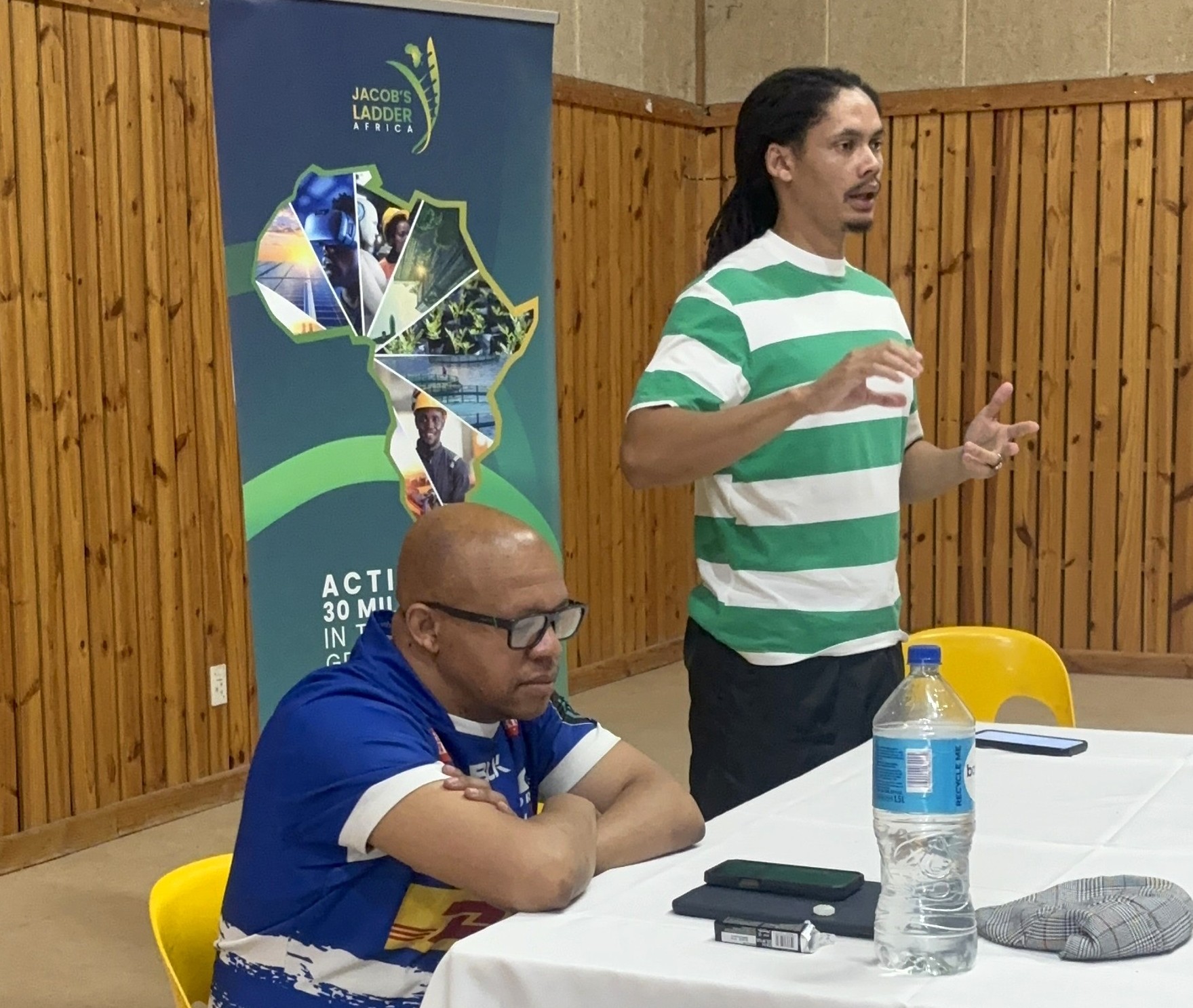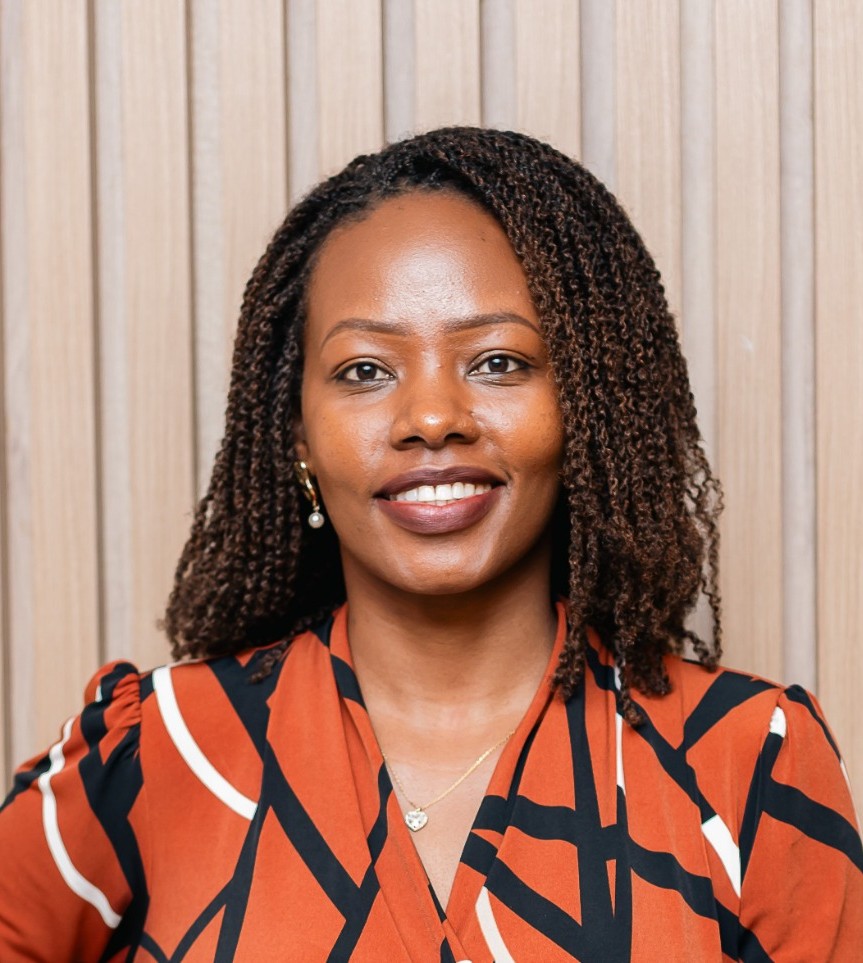Now, before you think this is one of those end-of-the-world pieces, it’s not. I invite you to come back for a second read because this one’s for hope, not fear.
I write this as a not-so-ordinary girl who found herself seated in a room at the 59th Climate Reality Leadership training right here in Nairobi. Yes, Nairobi. And yes, former U.S. Vice President Al Gore was there too. What? What?? What???
I was there too, because of grace.
Grace extended to me by my team at Jacob’s Ladder Africa, who gave me the space to show up fully as a storyteller and communicator, even as I sat in that room absorbing the weight of the climate crisis. I was surrounded by people doing the real work. People living it. Breathing it. Trying to change it. If I weren’t working at Jacob’s Ladder, maybe I wouldn’t have been there.
Maybe this story wouldn’t be told.
But here we are. And here I am.
I’m from Kiambu, raised between the quiet of the village and the rhythm of Nairobi. Always in between. Not fully one or the other. But even with all that uncertainty, one thing’s always been clear: I’ve felt the Earth speaking to me.
As a child, I heard it.
We planted trees at school during the Kibaki era; everywhere you looked, there were trees. And when it rained, it didn’t flood like it does now. The seasons made sense. Life, even when hard, felt ordered.
But today, the Earth isn’t whispering anymore.
She’s crying out. She’s roaring through the riverbeds, where the currents no longer flow like they used to. Where water fights the land. And when the rivers dry up, it’s not just water we lose, it’s entire ways of life.
What worries me more is what’s already shifting in the air. You see, Rivers aren’t just drying, they are warning us. Scientists are closely tracking how changing weather patterns and wind currents, some stretching from the Indian Ocean through Kenya’s eastern corridor to Lake Turkana, are showing signs of stress. These invisible systems, once stable, are shifting with every extended dry season and every storm that breaks instead of builds.
If this continues, the rains we count on may stop coming when we need them most.
By 2050, Easter may no longer mean the planting season. It may mean flooded fields one year, and dry, cracked soil the next. The rhythm so many lives depend on; farmers, herders, markets, may be completely thrown off. And that’s what breaks my heart.
Because we, in 2025, still have time. Still have choices. Still have tools, however imperfect to act! But those in 2050? They might not. They may not know what it’s like to smell the soil before the rain. They may never count seasons by the flowering of trees. They may not have rivers to fetch from, skies to trust, or memories of a planet that felt predictable. They may only inherit what we were too distracted, too divided, or too late to protect.
And that’s why this generation matters. That’s why GEN Z matters. We’re not just the future. We are the now. We are loud. We are present. We are building new systems, not asking to be included in old ones. We’re reclaiming agency, making green business cool, organizing online and offline, and connecting climate, justice, culture, and tech like never before.
But even bold voices need a launchpad.
That’s where organizations like Jacob’s Ladder Africa come in.
JLA isn’t just a workplace. It’s a platform. A mirror. A megaphone.
As a Pan-African non-governmental organization, Jacob’s Ladder Africa is advancing youth employment by growing innovators, supporting entrepreneurship, equipping youth with locally relevant skills for employment in green sectors, and grounding it all in actionable research that informs policy and challenges outdated narratives about green jobs.
Our mission is bold and urgent: activate 30 million jobs in the African green economy by 2033.
And if anyone can do it, it’s us. Not because we’re perfect. But because we’re awake. Because we know the clock is ticking, and we’re still in the window of possibility. This is why I do the work I do. This is why I write and nurture communities digitally, because storytelling can be a form of resistance. Because digital spaces can become sanctuaries of truth. Because if we don’t write our own story, someone else will write it for us, and they might get it wrong.
So no, this isn’t the end of the world. It’s the end of the world as we knew it. And thank God for that. Because that world didn’t serve us. What’s rising now?
It’s not easy. It’s not guaranteed. But it’s ours.
A world where green opportunity is not a privilege but a right. Where youth aren’t waiting to be empowered, we are taking the lead. Where we don’t just adapt to the future, we shape it.
If you’ve read this far, then maybe, just maybe, you’re already part of that new world too.
